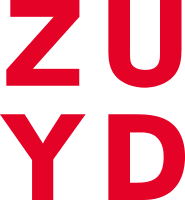He who does not trust enough, will not be trusted. Lao Tzu Ancient Chinese philosopher and writer Urban Living Labs (ULLs) have become a popular instrument for finding solutions to urban challenges faced by cities. While ULLs have achieved a certain level of normalisation in cities, a general lack of understanding remains regarding the character and purpose of the ULL phenomenon, which leaves many challenges open to be overcome. One challenge involves the potential impact of ULLs in contributing to meaningful transformative changes. By combining a literature review with a comparative case study of three ULLs in the city of Groningen, the Netherlands, this study confirms and adds to current theoretical positions taken about how to overcome the challenge in terms of holding a shared ideology and reviewing the concepts of agency and power. It also shows that opportunity comes along with trust-building among stakeholders in ULLs, as a way to enhance their potential in practise. Consequently, this study calls for further research regarding underexplored theories and models of ULLs, power dynamics in ULLs, and into their self-sustaining character, both in terms of social adoption and ownership, as well as financial sustainability.
